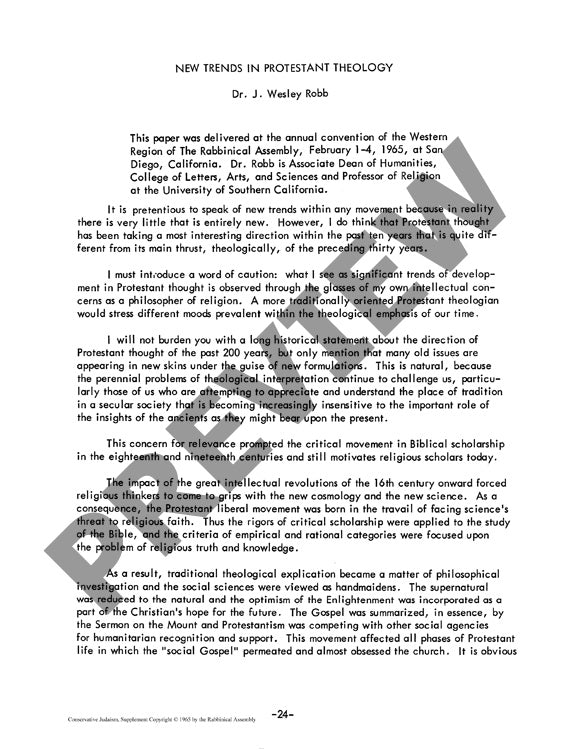New Trends in Protestant Theology
Couldn't load pickup availability
Protestant theology underwent a dramatic transformation during the 1960s, marked by a neo-liberal renaissance that bridged the divide between secular philosophy and religious thought. As theological discourse evolved from its 18th and 19th century liberal roots through neo-orthodox reactions to two World Wars, three significant trends emerged to reshape Protestant intellectual life. Historical analysis of these theological movements reveals a sophisticated new engagement with philosophical challenges, particularly those posed by logical empiricism's critique of religious language. Protestant thinkers developed analytical approaches that distinguished between first-order faith statements and second-order theological statements, while exploring multiple levels of meaning in religious communication. The movement increasingly embraced symbolic and mythological dimensions of religious expression, exemplified in Rudolf Bultmann's demythologizing program and Paul Tillich's symbolic theology, offering alternatives to American Protestant literalism. This transformation represented a significant departure from both earlier liberal reductionism and anti-philosophical existentialism, demonstrating that Protestant thought could maintain its commitment to transcendent dimensions while engaging meaningfully with secular philosophical discourse.

More Information
-
Physical Description
-
Publication Information
Published 1965
ISBN
-
Publication Credits
J. Robb

